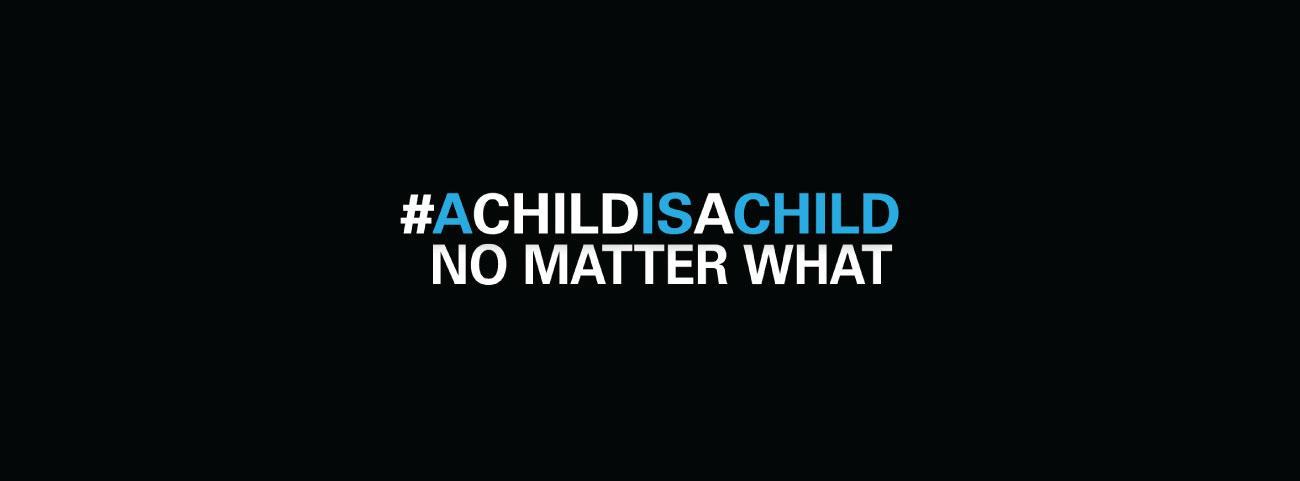Empowering Amr - “I didn't want to live the gun-life any longer, but I didn't see any way out of it”

How UNICEF Lebanon and its implementing partners are persuading a generation of the nation’s adolescents to put down their guns.
Armed violence is not confined to war; it occurs increasingly in non-conflict settings. Together, UNICEF Lebanon and one of its implementing partners are working to promote strategies that address underlying causes, behaviours, and attitudes, which threaten peace and the achievement of children’s rights.
17-year-old Amr (we’ve changed his name), was born and brought up in a small town in Lebanon. Educated through a combination of formal and informal schooling to grade 7, until three years ago he was unable to read, and regularly carried a gun of his own. In 2017, through outreach activities under UNICEF’s Child Protection Programme, a then 15-year-old Amr arrived at a UNICEF partner centre’s door, looking for help.
Almost every man and boy in my neighbourhood carries a gun. Guns are used to settle every disagreement – people don’t even know how to discuss their issues, they simply pull out a gun and start shooting.-17-year-old Amr
Amr takes up his own story:
“I came to this NGO for many reasons. I knew I needed help. In so many ways my life just wasn't right. I was always getting involved in armed clashes in my neighbourhood – twice I got shot in my legs. I was lucky it was nothing worse.
“Almost every man and boy in my neighbourhood carries a gun. Guns are used to settle every disagreement – people don’t even know how to discuss their issues, they simply pull out a gun and start shooting.
"Guns are easy to obtain too. Everyone knows who to go to when you want a gun. Everyone knows what to pay also – around $600 for a basic weapon, to over $1,200 for a newer and more powerful handgun. It's a lot of money, but people will do anything to collect enough cash to pay for one of their own.
“When I came to this NGO, my life was changed in ways I had never expected. Beginning here in the hope of learning to read, and to later take part in vocational training, the counsellors I met at the centre taught me so much more. It was the first time I'd talked about my life with anyone, and they were able to show me a different way.
"I think I already felt I didn't want to live the gun-life any longer but, like everyone else in my neighbourhood, I didn't see any way out of it. Here though, we talked through different means of resolving conflicts other than with guns. It helped me understand just how wrong the culture in my neighbourhood is. Every man and boy with a gun feel a sense of power, he feels like no one can touch him or his family.
"In fact, since I gave up my weapon, I've been the one to feel a sense of power – the power to make my own choices”.
When I came to this NGO, my life was changed in ways I had never expected. Beginning here in the hope of learning to read, and to later take part in vocational training, the counsellors I met at the centre taught me so much more. It was the first time I'd talked about my life with anyone, and they were able to show me a different way.- 17-year-old Amr
“These days, every time a conflict erupts – and when they do they can last for two or three weeks – I leave the neighbourhood and go to stay with my grandmother. When I’m with her I’m able to view my community as an outsider, and all I see are people ready to shoot each other without even knowing the real reason they are fighting”.
“I spend a lot of time with my younger brothers, and I’ve explained to them how living with a gun is a dangerous way to live. My life is better now, and it is indeed far safer. The years I’ve been coming to this NGO have given me vocational training – on Photoshop – and I’ve taken Basic Literacy and Numeracy education”.
“My experience has changed my attitude to life. I used to stay out late every night, not now though. I used to act without thinking - but now, I have no conflicts. I used to be angry, now I’ve learned to be calm. I have new friends, better friends, and I’ve learned the value of keeping life, and nurturing it… not destroying it."
Amr’s counsellor, Farida recalls how, when she first met him, he had no plan for his life. “It was difficult to work with him at the beginning, but we built trust. He learned quickly and suddenly saw the best way forward for himself. Amr represents the youth, the future. So, when we help him... we help a generation”.




